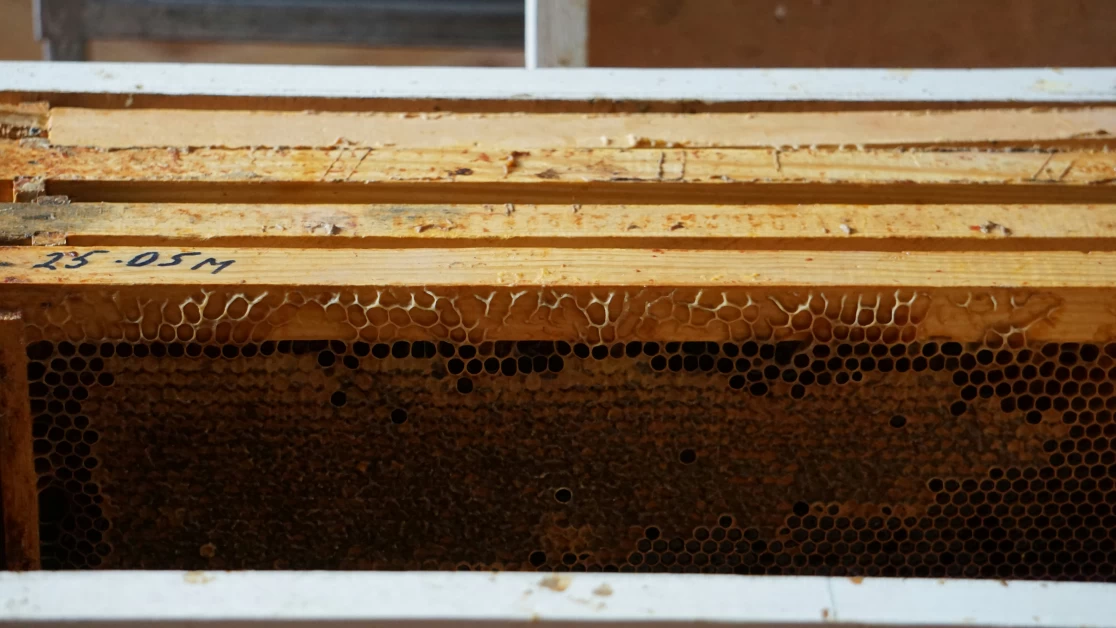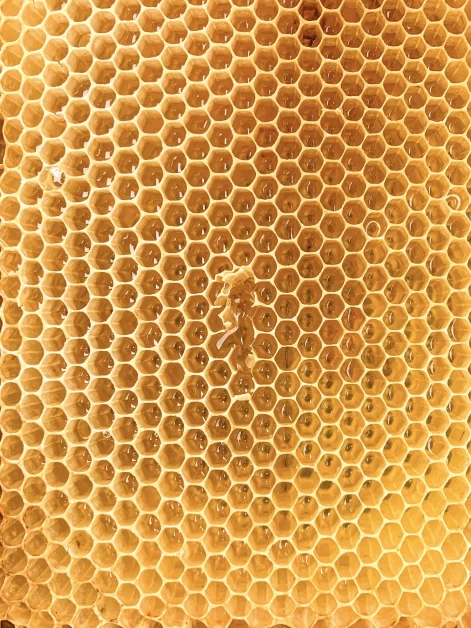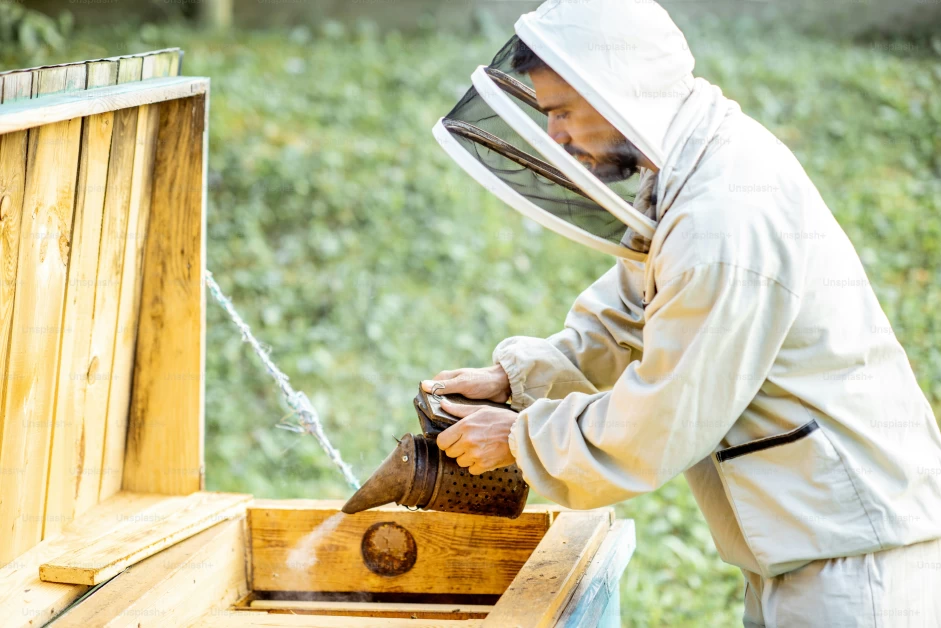Table of Contents
Introduction
When it comes to hair care, traditional conditioners have always played a crucial role in keeping our locks healthy and manageable. However, there is one product that takes hair care to the next level – the best leave-in conditioners. These incredible products go beyond what rinse-out conditioners can do, providing a range of benefits for your hair. They penetrate deep into the hair follicles, delivering intense hydration, protection from heat and UV damage, strength, and smoothness, to name just a few.
In this article, we will explore the wonders of leave-in conditioners and delve into the world of manuka honey for hair. Manuka honey, derived from the nectar of the manuka tree in New Zealand, has been revered for its exceptional healing properties. We will discover how this golden elixir can transform your hair care routine and bring out the best in your locks.
The Power of Leave-In Conditioners
Leave-in conditioners are not only a blessing for those of us who are always on the go, but they also provide much-needed nourishment and care for our hair. These miracle workers offer a quick and convenient way to give your hair extra love, even when you’re pressed for time. Dimitris Giannetos, a renowned hairstylist based in Los Angeles, who has styled celebrities like Camila Cabello and Jasmine Tookes, attests to the importance of leave-in conditioners in his styling repertoire. He describes them as a versatile balm that tames flyaways, adds shine, and revitalizes dry or damaged hair.
The Science Behind Leave-In Conditioners
When shopping for a new hair care product, it’s important to consider the chemistry behind it. Ginger King, a cosmetic chemist, suggests looking for ingredients that have specific benefits for your hair. These may include oils, fatty alcohols, and triglycerides, which help smoothen the hair cuticles and keep your locks in place. For detangling purposes, King recommends looking for compounds like quaternium 4, 7, and 11, which work wonders in untangling stubborn knots. Keep an eye out for ingredient names starting with “quaternium” or “polyquaternium” for optimal detangling results.
The Best Leave-In Conditioners: Our Top Picks
With countless options available in the market, choosing the right leave-in conditioner can be overwhelming. To save you the stress, we have compiled a list of 17 of the best leave-in conditioners, curated and approved by professional stylists and Allure editors. Whether you have wavy, coily, pin-straight, thick, or thin hair, there is a leave-in conditioner on this list that is perfect for you.
- Leave-In Conditioner A
- Leave-In Conditioner B
- Leave-In Conditioner C
- Leave-In Conditioner D
- Leave-In Conditioner E
- Leave-In Conditioner F
- Leave-In Conditioner G
- Leave-In Conditioner H
- Leave-In Conditioner I
- Leave-In Conditioner J
- Leave-In Conditioner K
- Leave-In Conditioner L
- Leave-In Conditioner M
- Leave-In Conditioner N
- Leave-In Conditioner O
- Leave-In Conditioner P
- Leave-In Conditioner Q
The Magic of Manuka Honey for Hair
Now, let’s explore the extraordinary benefits of manuka honey for hair. This natural wonder, derived from the nectar of the manuka tree found in New Zealand, is renowned for its exceptional healing properties. Rich in antioxidants, vitamins, and minerals, manuka honey nourishes and rejuvenates the hair, leaving it soft, shiny, and healthy.
1. Intense Hydration
Manuka honey acts as a humectant, drawing moisture into the hair shaft and locking it in. This provides intense hydration, making your hair less prone to dryness and frizz. Its emollient properties help restore moisture balance, leaving your locks silky smooth and lustrous.
2. Protection from Heat and UV Damage
Exposure to heat styling tools and harmful UV rays can wreak havoc on your hair, causing damage and breakage. Manuka honey forms a protective barrier around the hair shaft, shielding it from the damaging effects of heat and UV rays. This helps maintain the integrity of your hair, keeping it strong and healthy.
3. Strength and Repair
Manuka honey is packed with amino acids, which are the building blocks of protein. Protein is essential for hair strength and repair, as it helps to repair damaged hair follicles and promote healthy growth. Regular use of manuka honey-infused leave-in conditioners can help strengthen your hair, reduce breakage, and improve overall hair health.
4. Soothing Scalp Benefits
A healthy scalp is the foundation for healthy hair. Manuka honey has natural antibacterial and anti-inflammatory properties, making it an excellent ingredient for soothing and nourishing the scalp. It can help alleviate scalp conditions like dandruff, itchiness, and inflammation, creating an optimal environment for hair growth.
5. Enhanced Shine and Softness
Manuka honey’s ability to seal in moisture and smoothen the hair cuticles results in enhanced shine and softness. It adds a natural sheen to your locks, making them look healthy and vibrant. Say goodbye to dull, lifeless hair and hello to radiant, touchable tresses.
Embrace the Power of Manuka Honey for Hair
Incorporating manuka honey-infused leave-in conditioners into your hair care routine is a game-changer. The nourishing properties of manuka honey work wonders in transforming your hair, making it more manageable, healthy, and beautiful. Say goodbye to dry, damaged locks and hello to the luscious, vibrant hair you’ve always dreamed of. Explore the wide range of manuka honey-infused leave-in conditioners available and unlock the magic of nature’s nectar for your hair.









